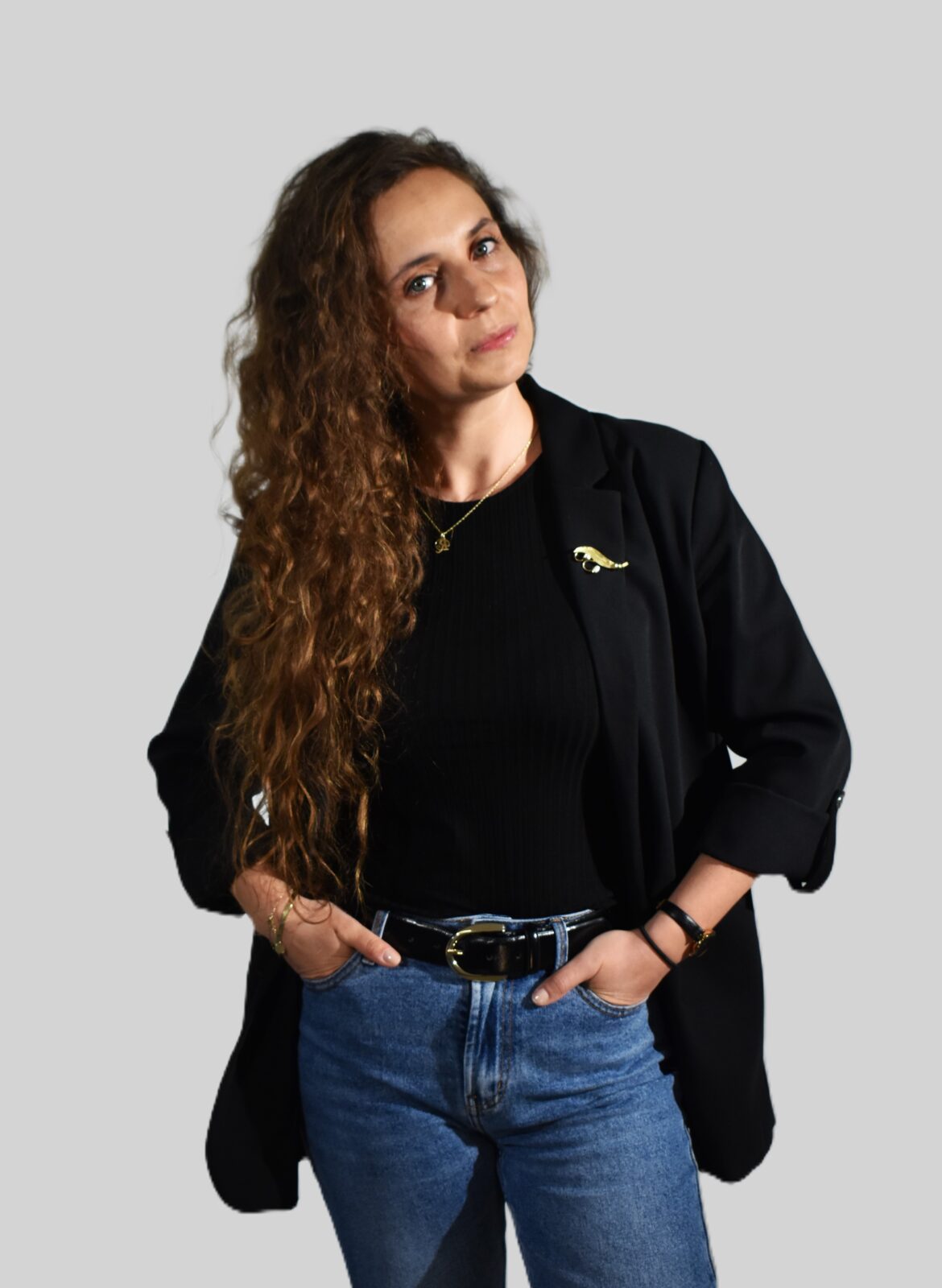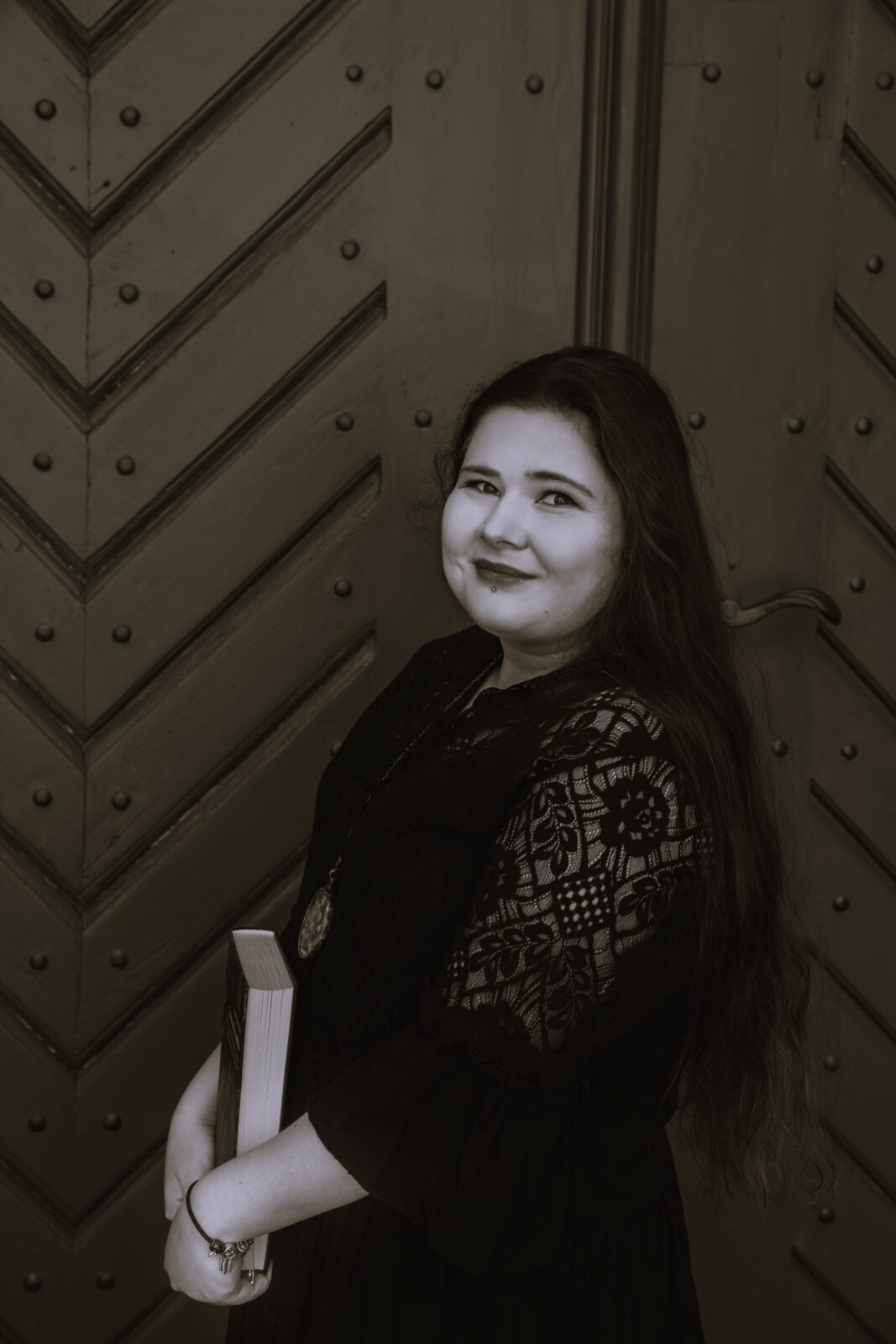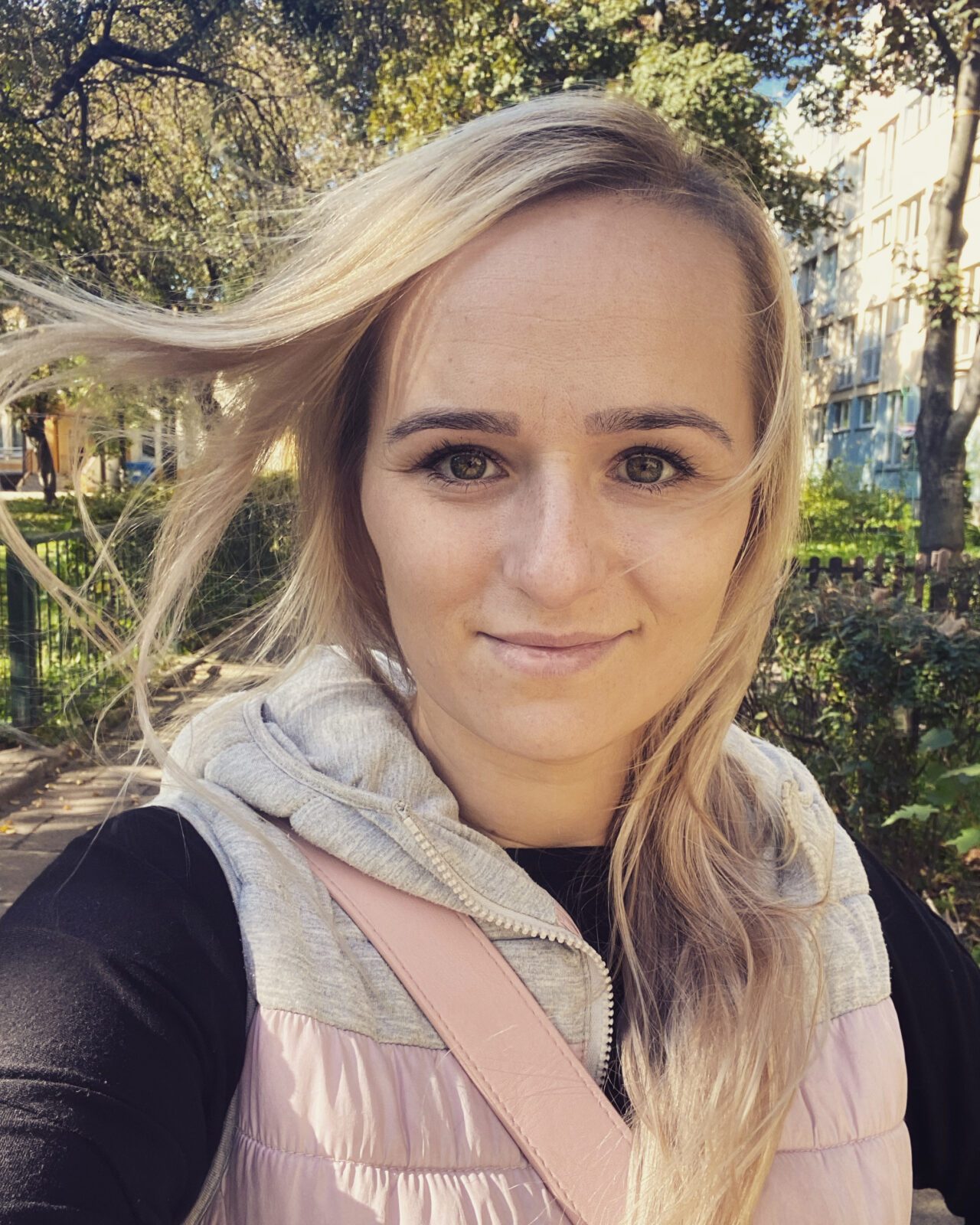
Direction London, Warsaw, Palermo
Four of our young scientists will receive funding through the Miniatures 8 competition for research queries and trips. Get to know them and their scientific interests.
On 26 June 2024, the second ranking list for the Miniatura 8 contest, for applications submitted in March, was presented. Miniatura is a competition in which researchers with a doctoral degree can apply for funding for a single scientific activity.
The catalogue of such activities includes preliminary studies, pilot studies, queries, research internships, research trips and consultancy trips.
The implementation of the Miniatura activity is intended to help prepare the assumptions of a research project for which funding can then be applied for in an NCN competition or other national or international competitions.
The ranking list included 53 actions with a total value of PLN 2 024 930.
Meet our Miniatura 8 recipients.
Dr Kamila Kowalczyk will receive PLN 11,034 for her research on ‘(Re)konstruowanie „ludowej wizji świata i człowieka” w literaturze dla dzieci – historyczno-kulturowe uwarunkowania i konteksty’ ((Re)construction of the “folk vision of the world and man” in children’s literature – historical and cultural conditions and contexts).
As our researchers says: My research focuses on issues related to the geneology of fairy tales, ancient and contemporary children’s and young adult literature, the history and geneology of popular literature, and folklore as a material of contemporary culture, says our researcher.
The research material will consist of Polish-language prints from the 19th and 20th centuries, of narrative-fabric character, intended for a children’s audience and referring thematically to the so-called folk culture. The proposed research project, which constitutes the initial stage of the study, will focus on tracing and characterising literary mechanisms reconstructing and constructing such categories in children’s works as magical thinking, the image of folk mentality, axiological foundations of folk culture, customs and rituals, among others. The analysis of the texts will finally allow a description of the author’s visions of traditional culture and, above all, of the structural-formal solutions applied and the functions they perform.
Dr Kamila Kowalczyk will use the funds awarded within the framework of Miniatura to conduct source searches in selected Polish libraries and scientific institutions (including the National Library and the Museum of Children’s Books in Warsaw). These activities are expected to translate into new scientific publications, as well as a broader grant project.
Dr Karol Morawski‘s research trip on ‘Dynamika ludu. Hegemoniczne struktury i imaginaria ludowych mobilizacji’ (Dynamics of the People. Hegemonic structures and imaginaries of popular mobilisations) will receive £6,949.
The planned research activity under the Miniatura 8 grant is a consultancy trip to the Centre for the Study of Democracy (University of Westminster, London). – Its aim is to deepen my research on hegemony, democracy and populism – the researcher explains. – During the trip, I will consider issues concerning the relationship between the people and democracy and populism, and the sphere of the political imaginary of the people, in critical dialogue with Centre academics. In addition, I want to carry out a critical analysis of the debatable elements of Chantal Mouffe’s position (one of the leading representatives of contemporary political philosophy) related to so-called left populism.
Dr Agnieszka Lisowska-Kierepka will receive PLN 10,535 for a research trip in the project ‘Identyfikacja no-go zones w wybranych miastach w oparciu o zintegrowaną analizę środowiska miejskiego’ (Identification of no-go zones in selected cities on the basis of an integrated analysis of the urban environment).
The research conducted by the project’s author deals with dangerous spaces in the broadest sense, by analysing crime-prone areas to so-called no-go zones.
– No-go zones are generally unsafe areas with high levels of unwanted incidents, which at the same time prevent the relevant services from monitoring and managing them – the researcher clarifies.
It is therefore necessary to recognise them in the context of intensive social processes and the modelling of urban space.
The aim of the planned research is to identify no-go zones on the basis of an integrated analysis of the urban environment, using GIS technology.
Funding from the Miniatura contest will enable field research to analyse socially degraded spaces in selected cities from various angles in the context of identifying dangerous zones.
Dr Ewa Baszak-Glebow for her research query ‘Kino sycylijskie jako przykład kina regionalnego’ (Sicilian cinema as an example of regional cinema) – will receive PLN 19,250.
During her doctoral studies, our researcher was an exchange student at the University of Cagliari, where she dealt with issues of regional identity in Sardinian cinema. She is the author of the monograph ‘Kinematografia i literatura sardyńska a tożsamość regionalna. Od Grazii Deleddy do Salvatore Mereu’ (2022).
Her area of research includes the phenomenon of regionalism in Italian cinema, cinema history and public speaking.
A planned search at the University of Palermo will verify whether larger-scale studies of regional cinema will identify the main similarities and differences in the way cinema shapes a region’s identity – she explains.
The implementation of a search focusing on Sicilian cinema will help to draw conclusions about the regional turn present in film studies as a counterbalance to transnational cinema. The research data collected during the stay in Sicily will help to define the degree of regionality, taking into account the nuances between regional, national and global cinema.
More information about the contest: https://www.ncn.gov.pl/aktualnosci/2024-06-26-2-miliony-zl-na-dzialania-naukowe
Complied by Katarzyna Górowicz-Maćkiewcz











